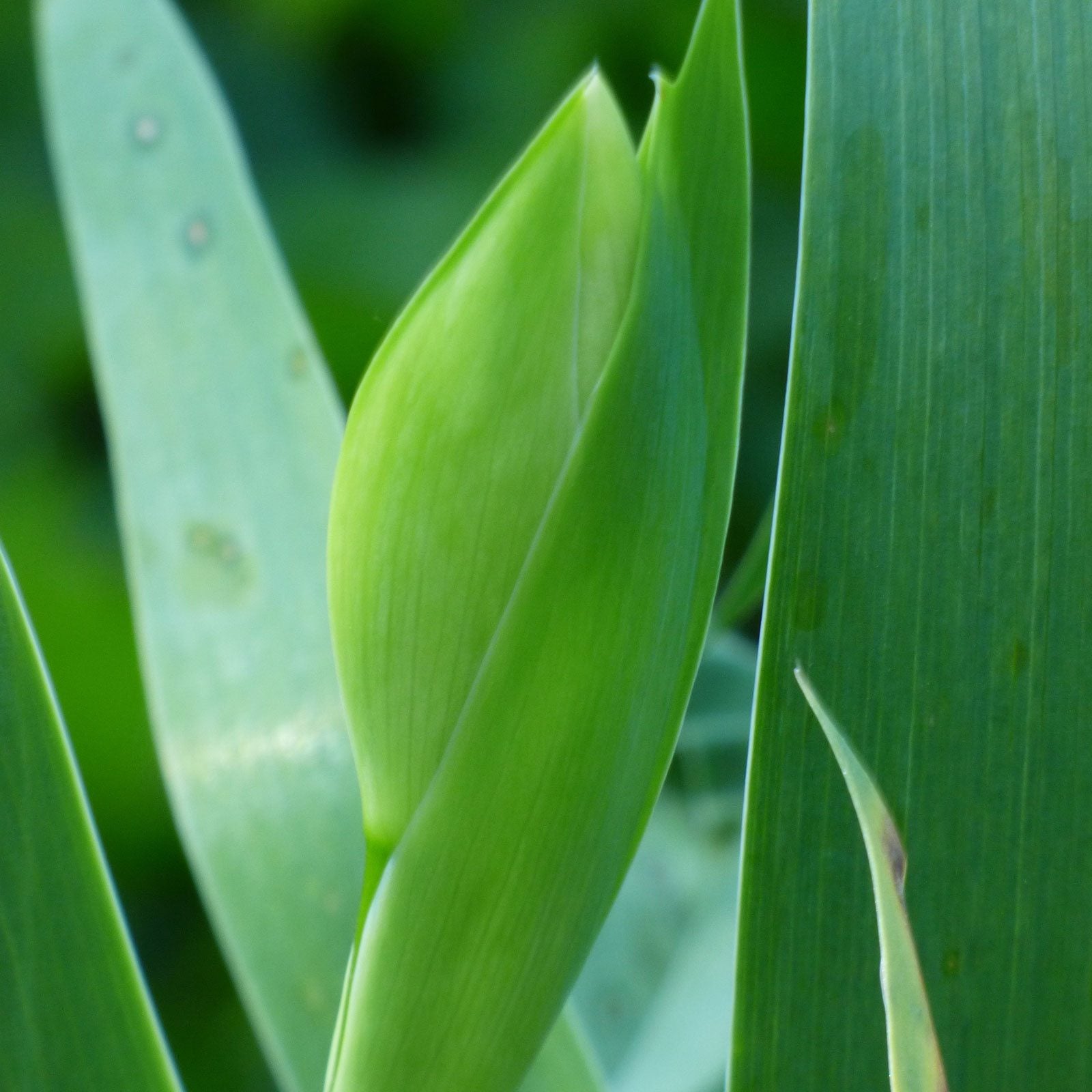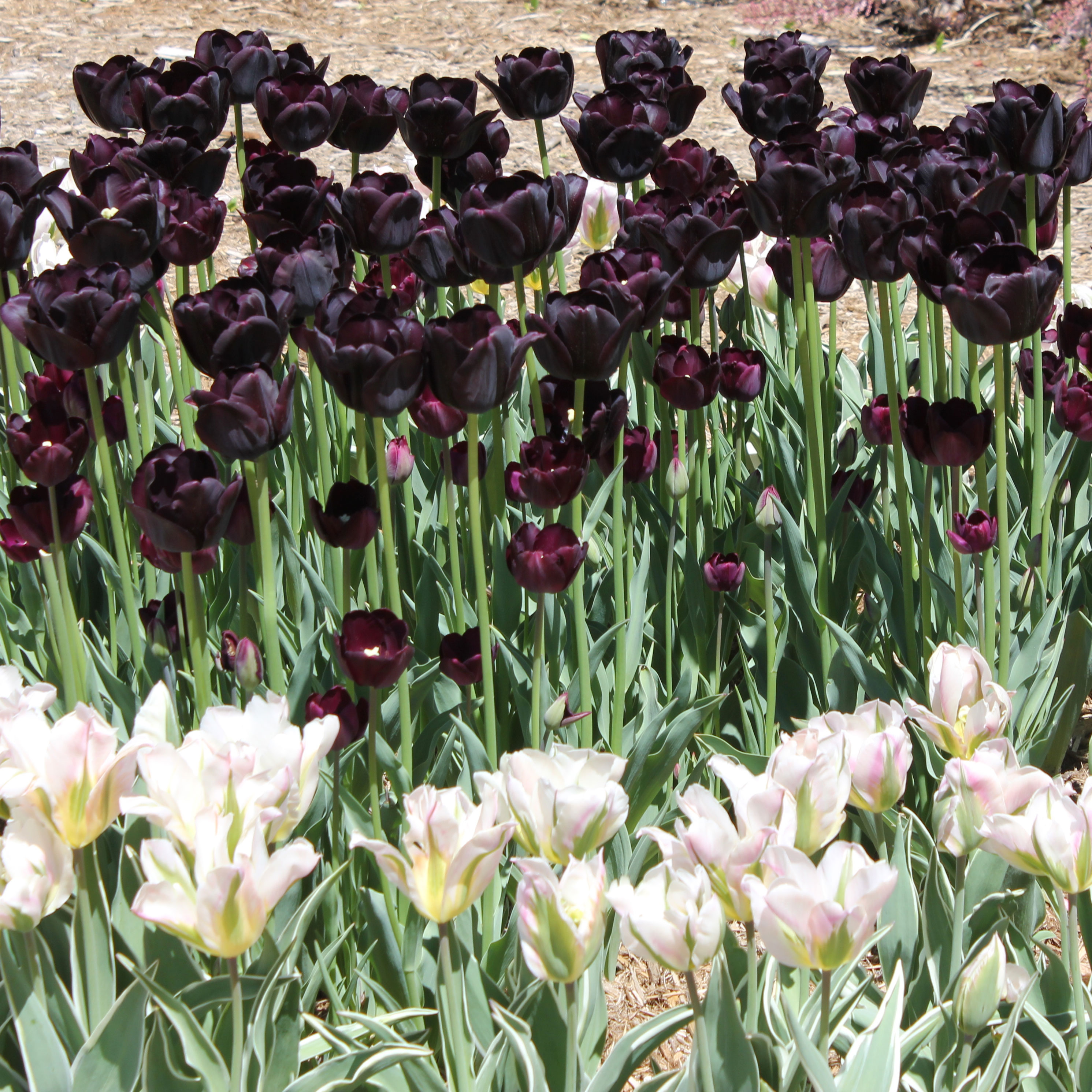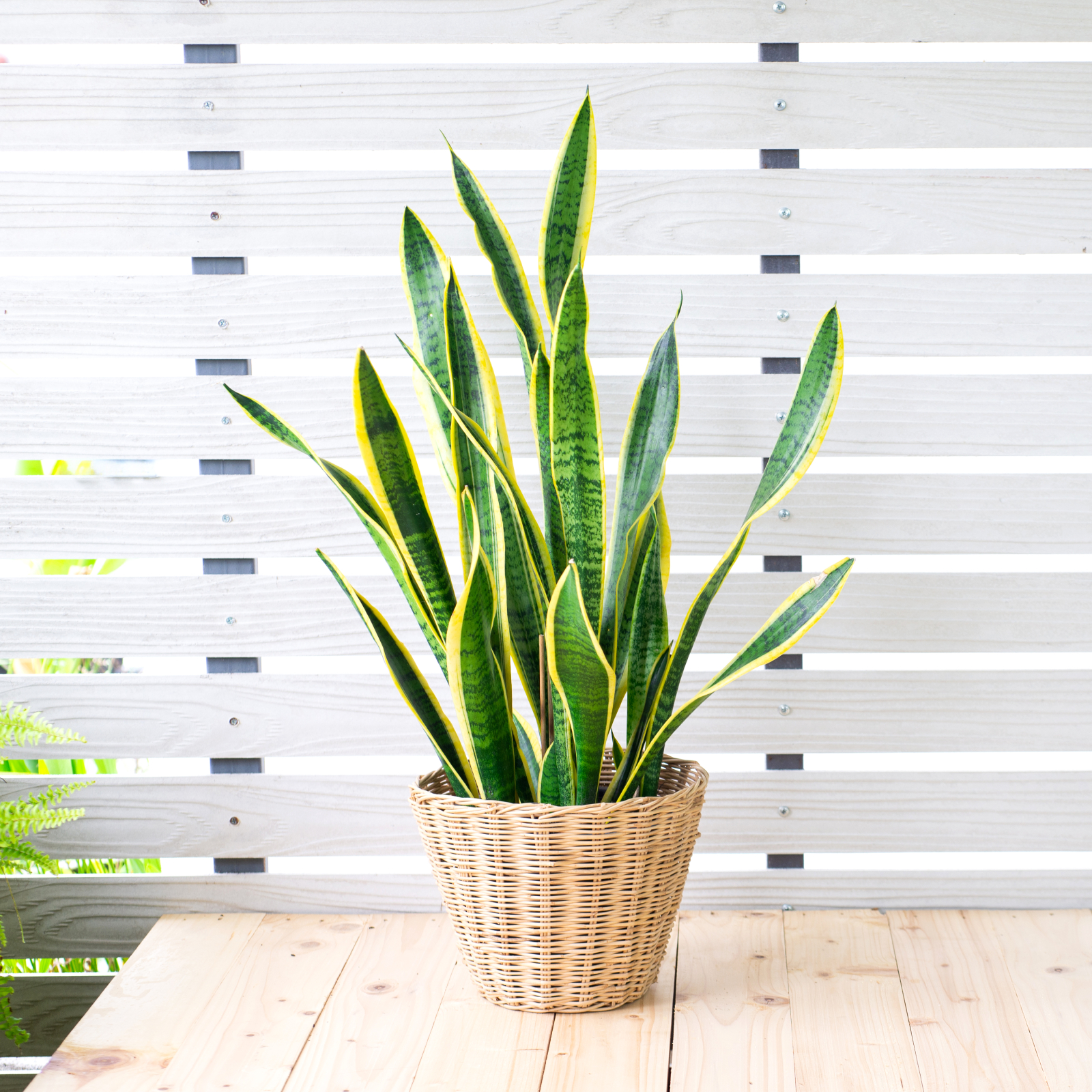Why Irises Won’t Bloom: What To Do For Iris Plants Not Flowering


Irises are one of the easiest flowers to grow. They stem from rhizomes, which quickly multiply over the years, producing bigger, wider stands of these appealing blooms. When you notice iris plants not flowering, the cause can stem from a variety of issues including weather, soil fertility, overcrowding, unhealthy rhizomes, insect or disease attack, planting depth, and even site conditions.
If you are wondering, "why are my irises not blooming," take a good look at these issues. Usually, we will find iris plants not flowering due to one of these easily corrected conditions.
Why are My Irises Not Blooming?
Bearded or Asian, classic or designer, irises are a pleasure to have in the garden. They provide a long term display of tall, glorious sword-like leaves and boldly featured blooms. Most irises have a wide hardiness range from USDA zone 4 to 9.
When iris does not bloom, you still have beautiful foliage but the long waited for flowers refuse to appear. Frustrating as this is, it is generally something that can be fixed and flowers will appear the following year.
There are many reasons for irises not blooming well, but what about why irises won't bloom at all? Most species of iris spring from rhizomes, although a few come from bulbs. Both these are underground storage structures that contain a reserve of carbohydrates and embryonic plants.
When temperatures and lighting are right, they sprout stems and leaves and eventually produce flowers. Poor rhizomes or bulbs are often the cause of no flowers. If these are mushy, rotten, small, and under formed, then the result is stunted plants with few or no blooms.
Also, the plant needs well-drained soil in full sun for flowers to be produced. Irises in shady locations may fail to form blooms. Depth of planting can also cause iris plants not flowering. Rhizomes should be near the soil surface, ideally with the tops at or slightly below the soil surface.
Gardening tips, videos, info and more delivered right to your inbox!
Sign up for the Gardening Know How newsletter today and receive a free copy of our e-book "How to Grow Delicious Tomatoes".
Other Reasons for Why Irises Won't Bloom
If plants are correctly installed, have well-draining soil, and good light exposure, it may be a soil fertility problem. Conduct a soil test to see if the pH and fertility are consistent with good iris growth. Ideal iris soil pH is 6.8 and soil should have average levels of nitrogen, but sufficient amounts of phosphorus too, the nutrient that helps plants form flowers.
An amendment of superphosphate, colloidal phosphate, or bone meal applied in early spring can help plants develop blooms. Another reason for iris plants not flowering is overcrowding. The rhizomes will increase over time and plants become too packed in their site.
Dig up the clump and divide it, planting each rhizome individually in other areas of the garden. Retain just half the rhizomes in the existing area and water all transplanted rhizomes frequently. Over competition from other plants and weeds, which shade the iris bed, and insufficient water are other causes for why irises won't bloom. Irises are extremely drought tolerant but in the absence of any water, they will respond by refusing to bloom.
Another commonplace reason is a late freeze. Although irises tolerate freezing conditions well when not sprouted as long as the area is well draining, early leaves and stems can succumb to a freeze. When there are no leafy greens to draw in solar energy, flower production can screech to a halt.
Also, a freeze can kill any new buds that are just forming. Freezes experienced by plants six to eight weeks before bloom can simply abort the buds and prevent iris plants from blooming for a season. Insects and disease are seldom a problem, but if plant health is compromised, buds will rarely form.

Bonnie Grant is a professional landscaper with a Certification in Urban Gardening. She has been gardening and writing for 15 years. A former professional chef, she has a passion for edible landscaping.
-
 Moody Blooms For Spring: 8 Types Of Black Flowers To Add Drama To Spring Displays
Moody Blooms For Spring: 8 Types Of Black Flowers To Add Drama To Spring DisplaysFrom midnight burgundies to inky violets, several types of black flowers can enrich and embolden a spring display. Try these brooding bloomers for a moody garden
By Tonya Barnett
-
 Can Snake Plants Live Outside? Everything You Need To Know For Snake Plants Al Fresco
Can Snake Plants Live Outside? Everything You Need To Know For Snake Plants Al FrescoSnake plants can live outside given the right conditions, but be careful that they don't take over! Learn the best way to use snake plants in your landscape.
By Mary Ellen Ellis